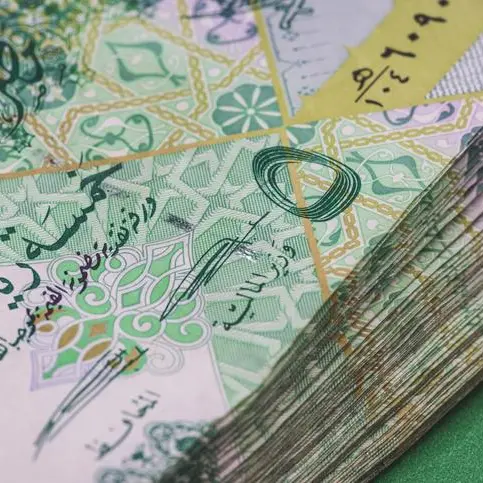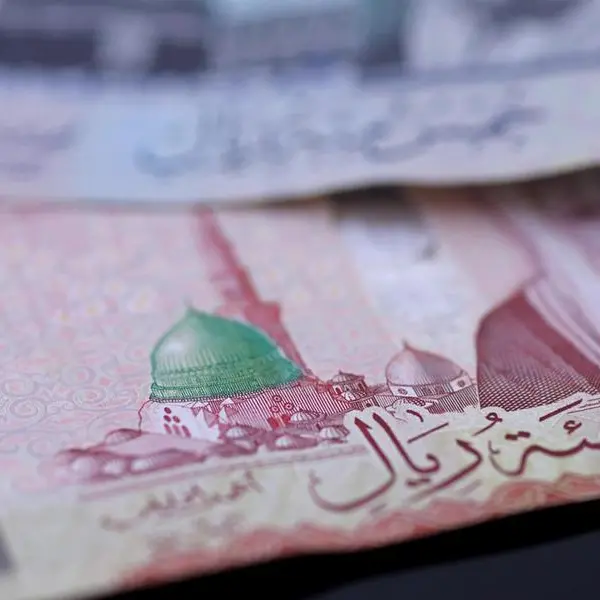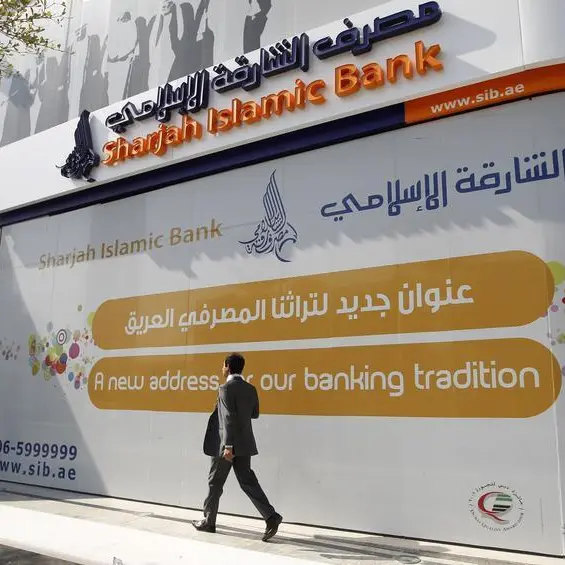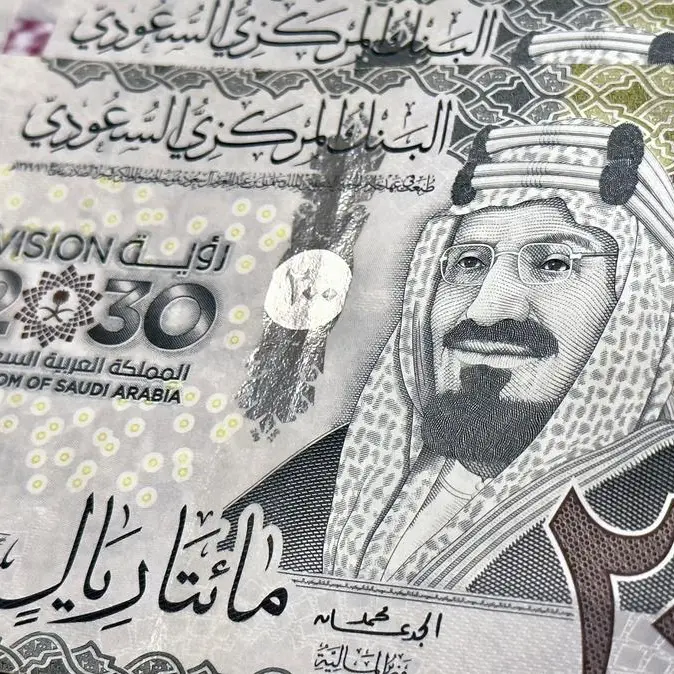PHOTO
Fitch Ratings has retained its “neutral” rating for the Islamic banks in four GCC countries – the UAE, Saudi Arabia, Qatar and Kuwait – for 2024, citing overall solid economic conditions.
“The higher profit rates and high oil prices are supporting economic conditions and generally driving reasonable financing growth, sound profitability, stable asset quality and solid liquidity in Europe, the Middle East and Africa (EMEA) Islamic markets,” Redmond Ramsdale, Head of Middle East Bank Ratings and Islamic Banking, Fitch, said in its EMEA Islamic Banks outlook 2024 report.
The ratings agency expects sound profitability and solid liquidity to continue in the EMEA Islamic banking sector, while capital buffers should remain adequate for the risks.
Financing growth is expected to be reasonable and higher than conventional banks. Asset quality should remain stable despite higher profit rates, the report said.
Two-thirds of the issuer default ratings assigned to EMEA Islamic banks are investment-grade. These are mainly driven by potential sovereign support (59%); therefore, ratings are highly sensitive to sovereign rating pressures.
In the GCC and Jordan, Islamic banks’ market share of sector assets ranged from 85% down to 16%, with growth likely to outpace conventional banks in 2024.
Sharia-sensitivity, awareness and confidence are higher in these markets, with the presence of enabling regulations and the segment being long-established.
“We expect more consolidation, as Islamic banks continue to consolidate their positions,” Fitch said.
Smaller Islamic banks with weaker franchises and pricing power, higher funding costs and thinner capital buffers are most pressured, it said, adding that mergers and acquisitions can create new regional leaders, as with the recent Kuwait Finance House acquisition of Ahli United Bank.
(Editing by Seban Scaria seban.scaria@lseg.com)





















